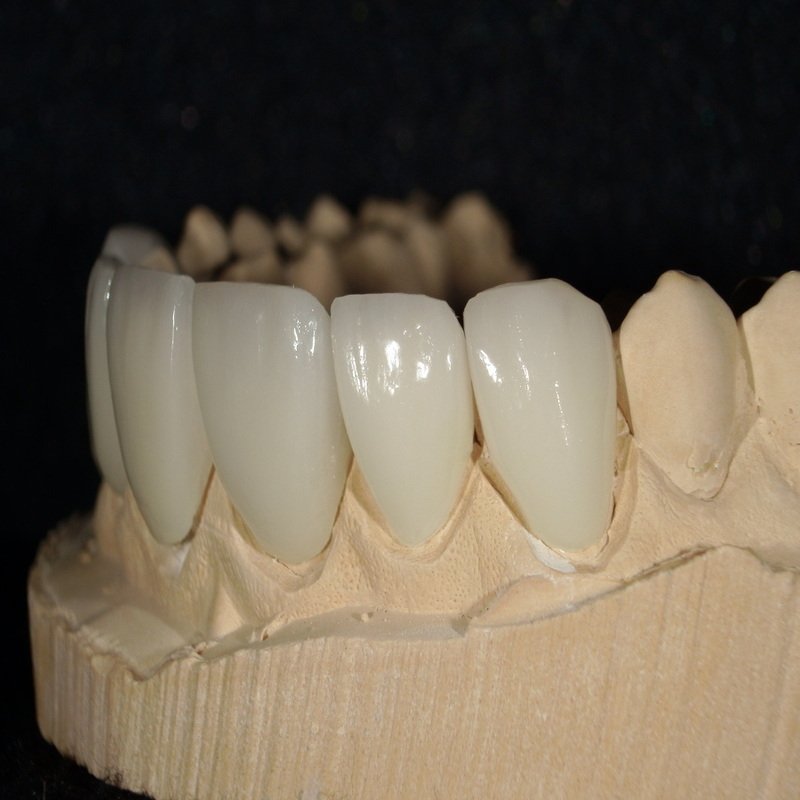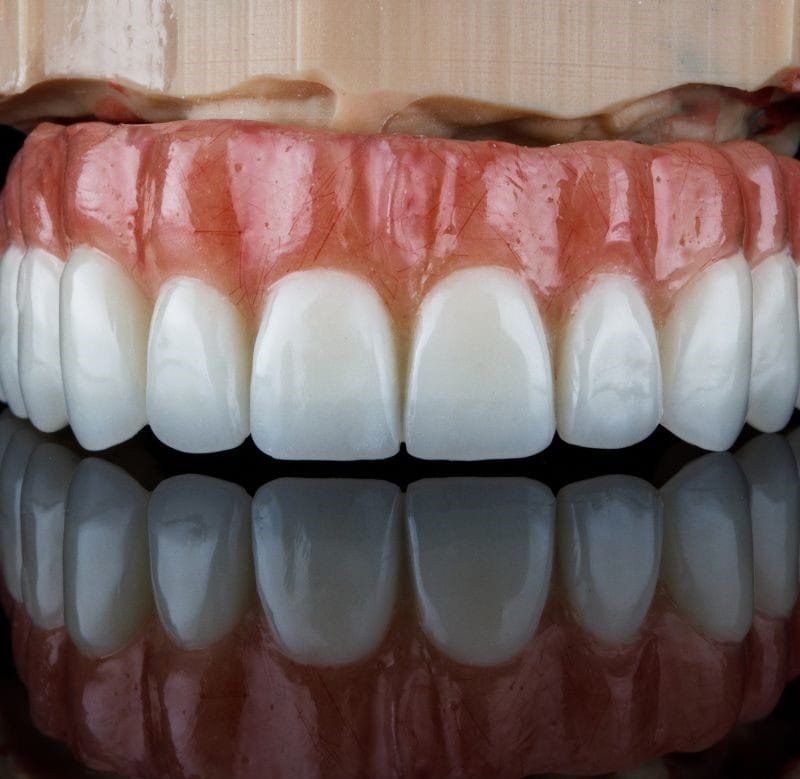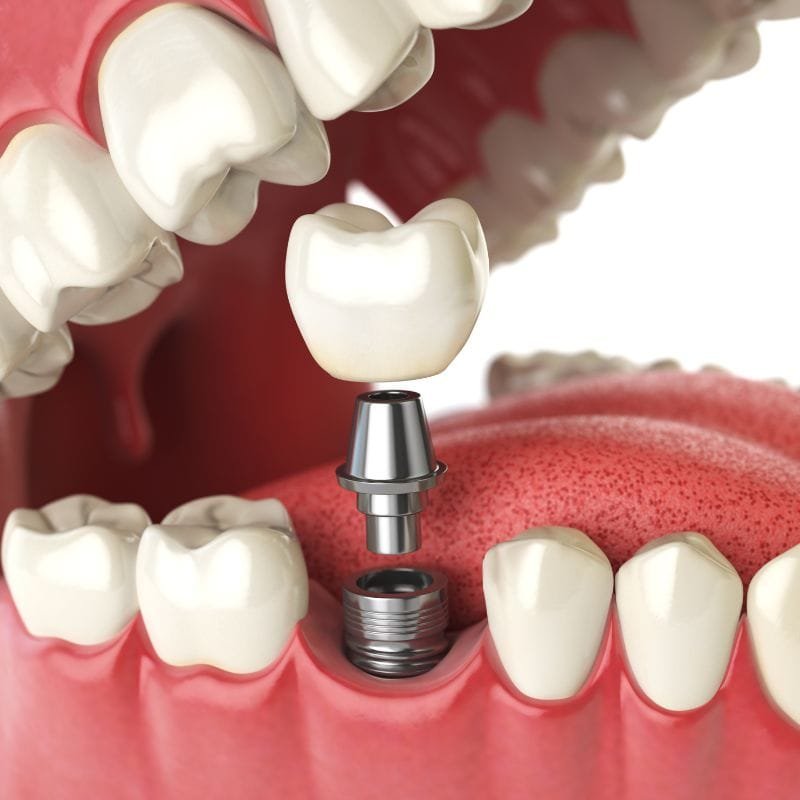How to Clean Mouthguards
Clean mouthguard? If you are wondering abou it, you are reading the right article. With thousands of bacteria living in the human hand, people may not consider the germs transported to the body via their mouthguards every time they touch it.
Add sickness to the scene, and your dirty mouthguard will ensure you stay in bed for the entire season.
A mouthguard provides the ultimate habitat for bacteria. Germs thrive best in dark, moist, and warm environments, such as where the mouthguard lives. We are talking about sports bags, socks, etc.
We decided to write this today so you can learn the importance of cleaning your mouthguard and how to do it properly.
Wearing a mouthguard can cushion blows to the face, minimizing the risk of breaking your teeth or injuring the lips, tongue, face, or jaw.
What Is a Mouthguard?
A mouthguard is a flexible plastic device used during sports and recreational activities to protect your mouth from injury.
The American Dental Association (ADA) recommends that people of all ages wear appropriately sized mouthguards for any sport with a risk of injury.
Mouthguards help prevent serious injuries such as brain hemorrhages, loss of consciousness, neck injuries, and jaw fractures by helping avoid situations where the lower jaw hits the upper jaw.
The devices move the soft tissue in the oral cavity away from the teeth and help prevent cuts and bumps to the lips and cheeks, especially in people who wear braces.
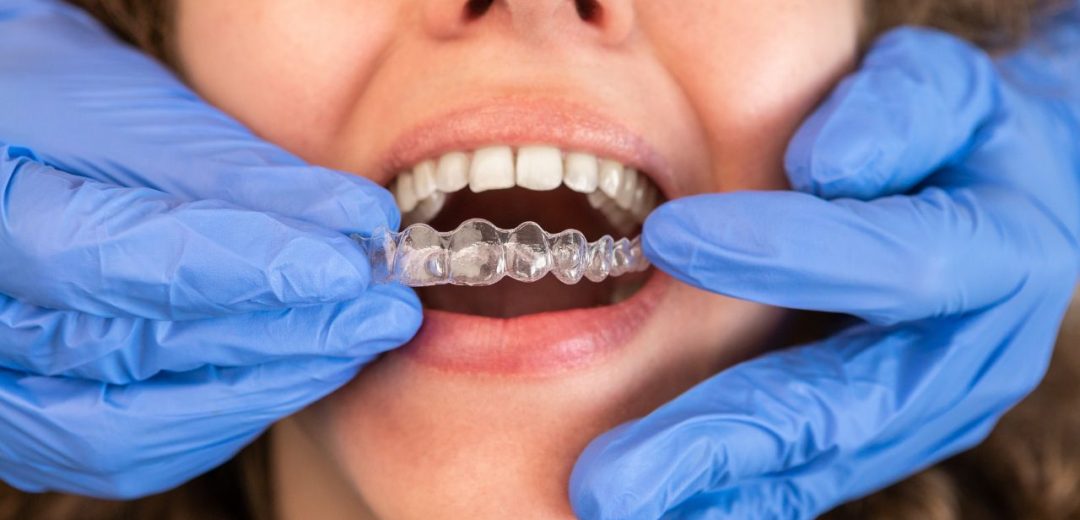
In which sports should a mouthguard be worn?
It is good to wear a mouthguard if you come into close contact with other participants or hard surfaces.
You should wear a mouthguard if you play baseball, basketball, softball, football, soccer, lacrosse, or rugby, practice wrestling, martial arts, or recreational sports such as skateboarding, cycling, or rollerblading.
A mouthguard is an essential accessory crucial in protecting your mouth, and it should be part of your standard sports uniform from a young age.
Although contact sports like boxing are riskier for the mouth, athletes can also sustain dental injuries in non-contact activities, such as gymnastics, skating, etc.
How to Clean Mouthguard?
Clean mouthguard? Running water over a mouthguard isn’t enough to clean it properly. The ADA (American Dental Association) recommends regularly cleaning a mouthguard with toothpaste and a toothbrush to remove debris buildup.
Plus, dry it out with a soft, clean cloth and, if possible, let it dry for approximately 30 minutes before storing the guard in its case.
Avoid bleach, harsh abrasives, and hot water, as these may permanently damage the dental guard. Only use them as suggested by your dentist or the mouthguard manufacturer.
You can also deep clean the mouthguard by soaking it in an antiseptic mouthwash or denture cleaning solution once weekly. You can clean out the storage case using dish soap and hot water.
Which Types of Mouthguards Are There?
The best mouthguard is the one that has been custom-made for your mouth by your dentist.
However, if you can’t afford a custom-made mouthguard, you should use a pre-made or customizable boil-and-bite mouthguard that you can find at the drugstore. Find out more about each option:
Custom Made
These protectors are made by a dentist, especially for you. They’re more expensive than other versions because they are created individually to fit you well and comfortably.
Boil and Bite
These mouthguards can be purchased at many sports and drug stores and often offer a better fit than pre-made ones. They are first softened in water (boiled) and then inserted to conform to your mouth’s shape. Follow the manufacturer’s directions and instructions.
CustMbite MVP and CustMbite Pro are boil-and-bite mouthguards that have earned the ADA Seal of Acceptance.
Prefabricated
They are inexpensive and come preformed, ready to use. Unfortunately, sometimes they don’t fit your mouth very well. They can be bulky and make it more difficult for you to breathe or speak.
Pre-made mouthguards. This type of protector is the most economical option but offers the least protection because it fits with limited precision.
It can interfere with speech and breathing because the jaw must be closed to keep it in place. A pre-made mouth guard is not considered acceptable as a face protection item.
Protect Your Braces
A properly fitting mouthguard can be especially crucial for those with fixed braces or bridges. A blow to the face can damage orthodontic braces or other fixed orthodontic appliances.
A mouthguard also provides a barrier between the braces and your lips or cheeks, which will help prevent injury to your gums and cheeks. Talk to your dentist or orthodontist about selecting a mouth guard that provides adequate protection.
Although some mouthguards only cover the upper teeth, your dentist or orthodontist may recommend wearing a mouthguard on your lower teeth if you have braces. Do not wear a retainer or other removable device during contact sports.
Mouthguard Care and Replacement
Ask your dentist when it is time to replace your mouthguard, but replace it immediately if it shows signs of damage or no longer fits.
Teens and children may need to replace their mouthguards more often because their mouths are growing and changing.
Between games, you must keep your mouthguard clean and dry. Here are some tips to make sure your mouthguard is always ready to wear:
Rinse it before and after every use, or brush it off with a toothbrush and toothpaste.
Wash it frequently in cold, soapy water. Then rinse it well.
Take your mouthguard with you to be examined during checkups. Your dentist can also give you a thorough cleaning.
Store and transport your mouthguard in a thick container with ventilation so it can dry out and prevent bacteria from growing.
Don’t leave your mouthguard in the sun or hot water.
Check if it fits you well and if there are signs of wear or tear to see if it needs to be replaced.
Some mouthguards have been damaged by family pets, who view them as chew toys. Store your mouthguard and its box where your pet cannot reach it. You have a 1 in 10 chance of sustaining a facial or dental injury during the athletic season.
According to the American Association of Dental Assistants, 15 million Americans suffer dental injuries and lose 5 million teeth in sports-related damages every year.
So, how can you protect your smile? Before entering the field of play, add a mouth guard to your equipment.
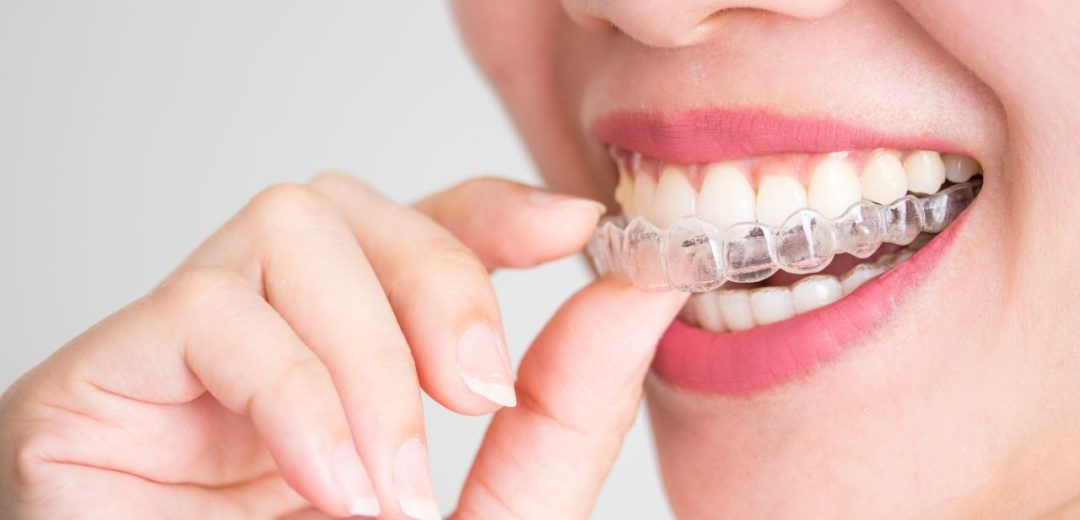
How Should I Take Care of My Mouthguard?
How to clean mouthguards is very simple once you realize that you need to do it. Keeping your mouth as clean as possible is easy when you create a good habit. Try these tips:
- Wash the mouthguard with warm (not hot) water and soap.
- Before storing, soak your mouthguard in alcohol-free mouthwash.
- Keep the mouth guard in a well-ventilated plastic box when not in use. The container should have several holes for the protector to dry.
- Try not to leave your mouthguard in direct sunlight or a hot car.
- Avoid folding your mouthguard when storing it.
- Don’t touch or wear someone else’s mouthguard.
If you have problems with your custom mouthguard, call your dentist.
